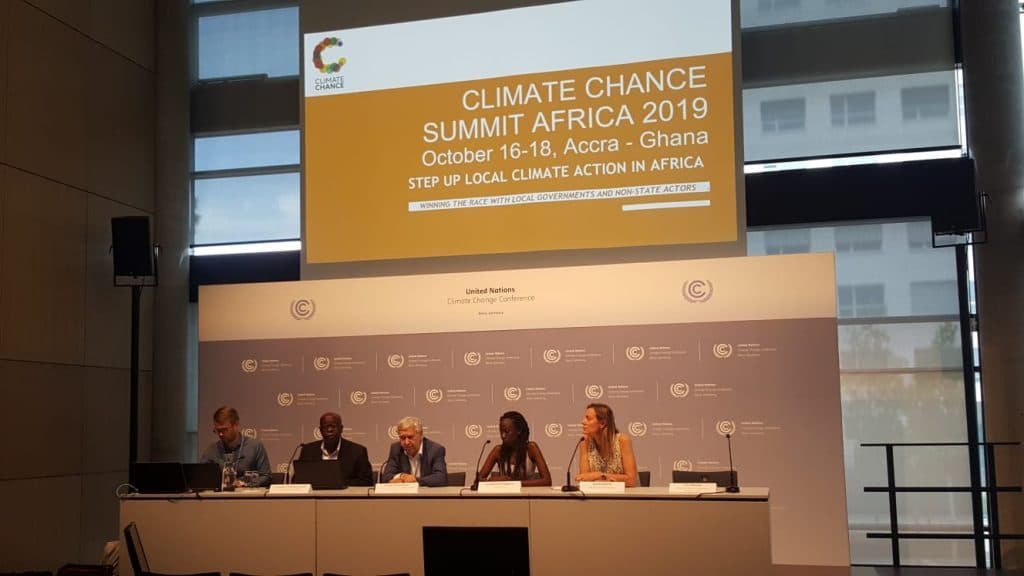Climate change is a globally known phenomenon. In Africa, it is more noticeable. Thus, from Johannesburg to Cairo, Windhoek, Nairobi and N’Djamena, climate change has a significant impact on people’s lives. It manifests itself in particular through desertification, of which the extension of the Sahara is the most significant fact. In less than 100 years, the surface area of this desert in North Africa has increased by 10%.
The Sahara tentacles now touch Lake Chad, which dries up on contact with them. Yet, this expanse provides fish products and supplies water to both humans and livestock in several countries in Central and West Africa. In southern and eastern Africa, drought affects all countries reducing the flow of large rivers used for power generation or irrigation. This is the case with the Zambezi River. In Zambia, the Kariba dam, which supplies most of the country’s electricity (1,319 MW), is at its lowest level in several years. A situation observed in other countries of the sub-region, notably in South Africa, Zimbabwe, Kenya and Ethiopia.
A summit to intensify local climate action in Africa
The manifestations of climate change are expected to increase if nothing is done to change the greenhouse gas emissions curve. This issue is at the centre of a summit organised by Climate Chance, an association that is mobilising to fight climate change. This event will take place at the International Conference Centre in Accra, the capital of Ghana, from October 16 to 18, 2019.
The aim of the summit is to mobilise local actors to find answers to the problem of climate change. These non-state actors are closer to the populations most affected by the phenomenon. For example, the Climate Chance – Africa 2019 Summit will bring together local governments, businesses, trade unions, environmental NGOs (non-governmental organisations), farmers, women’s and youth organisations, researchers and international institutions.
More than 2,000 participants expected
The 2019 Climate Chance – Africa 2019 Summit in the Ghanaian capital will bring together a total of 2,000 local stakeholders. This will be an opportunity for them to review together the progress of the roadmaps of the coalitions created during the Climate Chance – Africa 2018.
The eight coalitions focus on financing; sustainable urban development; sustainable agriculture, food and reforestation; coalition members will also focus on energy; adaptation and water; sustainable building and construction; education and training; mobility and transport.
The event will also feature several high-ranking personalities such as Nana Akufo-Addo, President of the Republic of Ghana; Jean-Pierre Elong Mbassi, Secretary General of United Cities and Local Governments of Africa (UCLG Africa) and Soham El Wardini, the current mayor of Dakar, the Senegalese capital.
Jean Marie Takouleu
